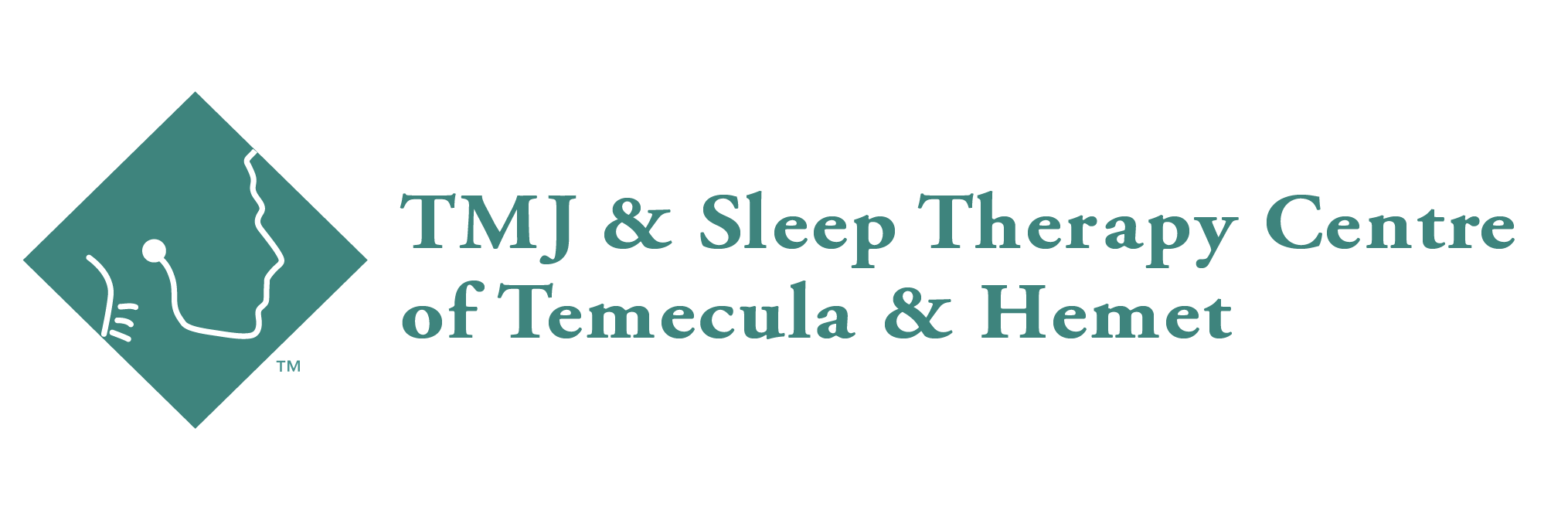TMJ & Tongue Ties

Expert Care for Tongue Ties in Children and Adults
There is a growing awareness of the potential connection between TMJ (Temporomandibular Joint) issues and tongue ties. A tongue tie, or ankyloglossia, refers to a condition where the strip of skin beneath the tongue (lingual frenulum) is shorter than usual, restricting the normal range of motion of the tongue. The tongue plays a crucial role in various oral functions, including speech, swallowing, and proper jaw movement. When a tongue tie is present, it may impact these functions and contribute to or exacerbate TMJ-related symptoms.
- Impact on Jaw Movement: A restricted tongue movement due to a tongue tie may affect the overall function of the jaw, potentially contributing to TMJ symptoms.
- Swallowing and Chewing Issues: Tongue ties can sometimes lead to difficulties in swallowing and chewing, which may influence jaw movement and contribute to TMJ-related discomfort.
- Speech Implications: The tongue is essential for clear speech. A tongue tie may result in speech difficulties, and compensatory movements may influence jaw function.
- Collaborative Treatment Approach: Addressing TMJ symptoms related to tongue ties often involves a collaborative approach. This may include consultation with oral surgeons, dentists, speech therapists, and other healthcare professionals.
- Myofunctional Therapy: Myofunctional therapy, which focuses on exercises to improve the function of the muscles involved in speech, swallowing, and jaw movement, is sometimes recommended for individuals with TMJ-related tongue ties.
- Surgical Intervention: In some cases, a minor surgical procedure (frenectomy) may be recommended to release the tongue tie and improve the range of motion. This can be performed by a qualified healthcare professional.
- Individualized Treatment Plans: As with any medical condition, treatment plans should be individualized based on the specific needs and symptoms of the patient. A thorough evaluation by a qualified healthcare provider is crucial.
Frequently Asked Questions About Tongue Tie Treatment in Temecula
Q: Can a tongue tie cause TMJ problems?
A: Yes. There is a strong connection between tongue tie and TMJ disorders. Restricted tongue movement forces the jaw and facial muscles to compensate, which can lead to muscle strain and long-term TMJ dysfunction.
Q: What is an infant tongue tie and how is it treated?
A: An infant tongue tie occurs when the band of tissue under a baby’s tongue is too short or tight, limiting movement. Treatment typically involves a simple, gentle frenectomy procedure to release the tissue and support proper feeding and breathing.
Q: How do I know if my newborn has a tied tongue?
A: Signs of a tied tongue in newborns include trouble latching, noisy or prolonged feeding, and poor weight gain. A tongue tie specialist can evaluate your child to confirm whether treatment is needed.
Q: Where can I find a tongue tie specialist near me in Temecula?
A: The TMJ & Sleep Therapy Centre of Temecula and Hemet offers trusted care for patients looking for a tongue tie specialist near me. Our team diagnoses and treats both infant and adult tongue ties using minimally invasive techniques.
Q: What is a posterior tongue tie?
A: A posterior tongue tie is a deeper restriction located further back under the tongue. Even though it’s harder to see, it can still affect speech, jaw growth, and oral function if left untreated.

Schedule Your Appointment
Ask About Our Special Military Discounts!


